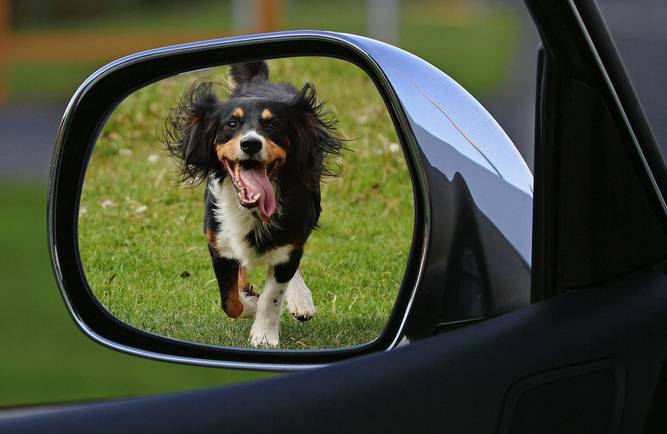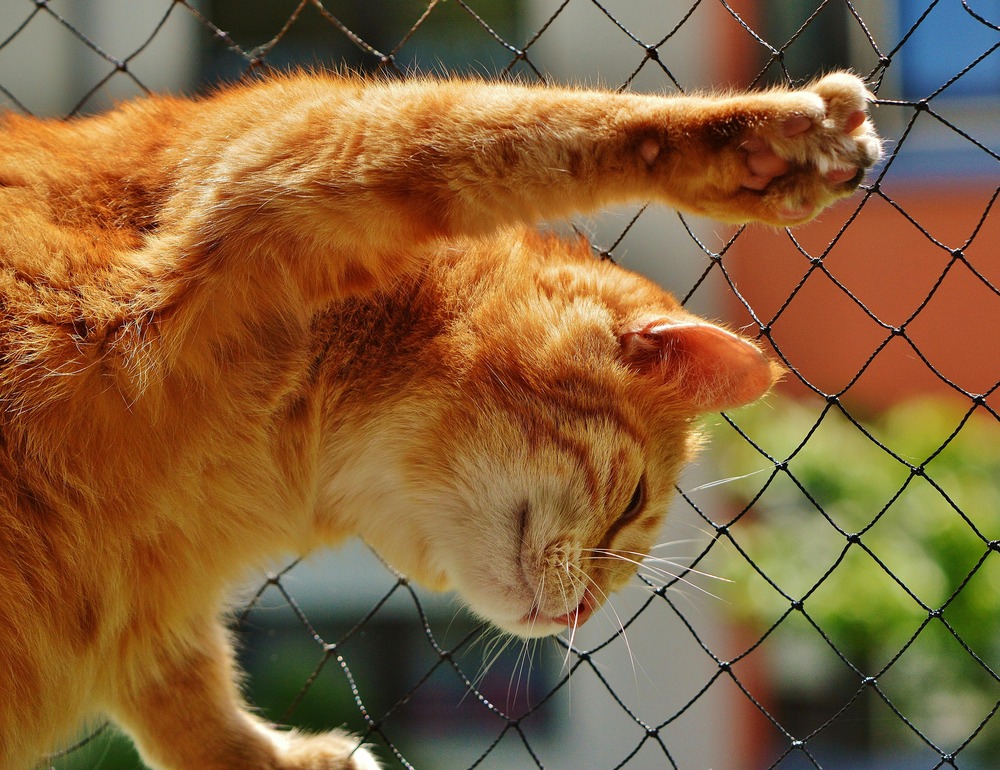As pet owners, we often pride ourselves on being attuned to our furry friends' needs. However, pets can be masters of disguise when it comes to their health. Many serious conditions can develop without obvious symptoms, making it crucial to recognize the subtle signs that indicate your pet may need immediate medical attention. Here are ten silent signs that should prompt you to seek an emergency health check for your beloved companion. ?

1. Sudden Changes in Behavior
If your pet suddenly becomes withdrawn, aggressive, or unusually quiet, it could be a sign of pain or distress. For instance, a normally playful dog that suddenly hides or a cat that stops purring may be experiencing health issues. According to a study by the American Veterinary Medical Association, behavioral changes are often the first indicators of underlying health problems.
| Behavior Change | Possible Health Issues |
|---|---|
| Withdrawn | Pain, Anxiety |
| Aggressive | Pain, Illness |
| Unusually Quiet | Depression, Illness |
2. Changes in Appetite
A sudden increase or decrease in appetite can signal various health issues. For example, a dog that suddenly refuses to eat may be suffering from dental problems or gastrointestinal issues. Conversely, excessive eating could indicate diabetes or hormonal imbalances. Monitoring your pet's eating habits is essential for early detection of health problems.
| Appetite Change | Possible Health Issues |
|---|---|
| Decreased | Dental Issues, Illness |
| Increased | Diabetes, Hormonal Issues |
3. Excessive Thirst or Urination
If you notice your pet drinking more water than usual or urinating frequently, it could be a sign of diabetes, kidney disease, or urinary tract infections. Keeping track of your pet's water intake can help you identify these issues early on.
| Thirst/Urinating Change | Possible Health Issues |
|---|---|
| Increased Thirst | Diabetes, Kidney Disease |
| Frequent Urination | Urinary Tract Infection |
4. Vomiting or Diarrhea
Occasional vomiting or diarrhea can be normal, but if it becomes persistent, it could indicate a serious health issue. Conditions such as pancreatitis, infections, or even poisoning can lead to these symptoms. If your pet experiences vomiting or diarrhea for more than 24 hours, it’s time to consult a veterinarian.
| Symptom | Possible Health Issues |
|---|---|
| Vomiting | Pancreatitis, Infection |
| Diarrhea | Infection, Poisoning |
5. Changes in Weight
Unexplained weight loss or gain can be a red flag for various health issues. Weight loss may indicate conditions like cancer or hyperthyroidism, while weight gain can be a sign of obesity or hormonal disorders. Regular weigh-ins can help you keep track of your pet's health.
| Weight Change | Possible Health Issues |
|---|---|
| Weight Loss | Cancer, Hyperthyroidism |
| Weight Gain | Obesity, Hormonal Disorders |
6. Lethargy or Decreased Activity
If your pet is less active than usual, it could be a sign of pain, illness, or even depression. A sudden drop in energy levels should not be ignored. Regular exercise is vital for your pet's health, and any significant changes in activity levels warrant a vet visit.
| Activity Level Change | Possible Health Issues |
|---|---|
| Lethargy | Pain, Illness |
| Decreased Activity | Depression, Illness |
7. Difficulty Breathing
Labored breathing or coughing can indicate serious respiratory issues, such as pneumonia or heart disease. If your pet is struggling to breathe, it is crucial to seek emergency care immediately.
| Breathing Change | Possible Health Issues |
|---|---|
| Labored Breathing | Pneumonia, Heart Disease |
| Coughing | Respiratory Infection |
8. Unusual Grooming Habits
If your pet is grooming excessively or not grooming at all, it could indicate stress, skin issues, or other health problems. Cats, in particular, are known to groom themselves as a way to cope with stress, but excessive grooming can lead to skin infections.
| Grooming Change | Possible Health Issues |
|---|---|
| Excessive Grooming | Stress, Skin Issues |
| Lack of Grooming | Illness, Depression |
9. Changes in Coat Condition
A dull, dry, or patchy coat can be a sign of nutritional deficiencies, allergies, or underlying health issues. Regularly checking your pet’s coat can help you spot these changes early.
| Coat Condition Change | Possible Health Issues |
|---|---|
| Dull Coat | Nutritional Deficiencies |
| Patchy Coat | Allergies, Skin Issues |
10. Unexplained Pain
If your pet is showing signs of pain, such as limping, whining, or sensitivity to touch, it’s essential to seek veterinary care. Pain can be a symptom of various conditions, from arthritis to fractures.
| Pain Symptoms | Possible Health Issues |
|---|---|
| Limping | Arthritis, Fractures |
| Whining | Pain, Illness |
Recognizing these silent signs can be the difference between a minor issue and a serious health crisis. If you notice any of these symptoms in your pet, don’t hesitate to contact your veterinarian or visit an emergency clinic. For more information on pet health, you can check out resources like the American Veterinary Medical Association or PetMD.
Your pet relies on you to be their voice, so stay vigilant and proactive about their health. Remember, when in doubt, it’s always better to err on the side of caution! ?❤️?



